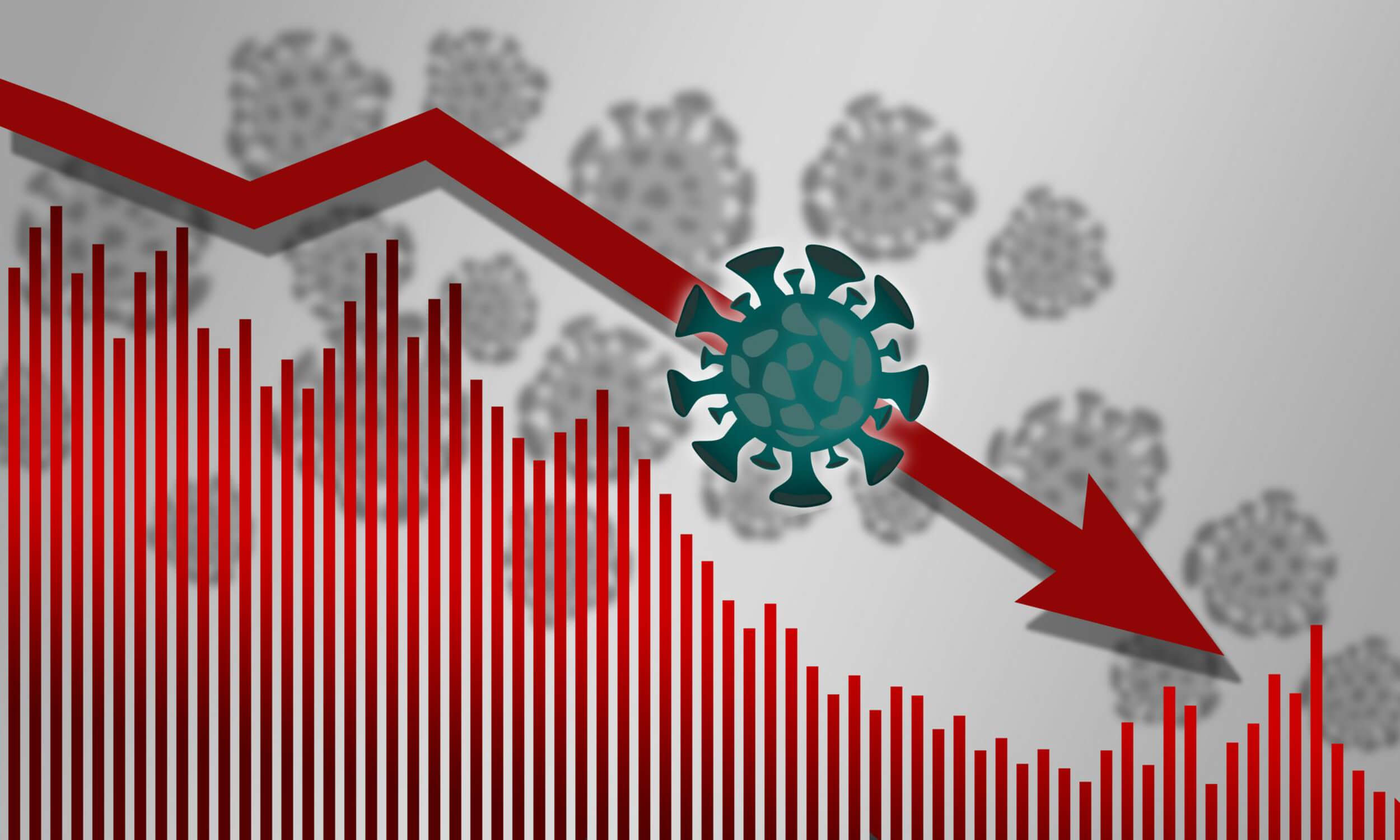Economics : Covid-19 Times
After a period of rapid economic growth associated with high commodity prices, the region had entered a phase of lackluster performance. Recent developments, including a new oil price shock, and the outbreak of the Covid-19 epidemic will push the region into recession. Many countries are struggling to contain the spread of the Covid-19 epidemic while avoiding a dramatic decline in economic activity. The current crisis is unprecedented because it combines a fall in global demand, tighter financial conditions and a major supply shock. The response needs to consider how to socialize the losses, how to prevent a collapse of the financial sector, how to protect jobs and livelihoods.
The Good Thing about Coronavirus. One of the economist suggests that the upside is that the pandemic will reveal which governments are good at dealing with crises—Switzerland, for example—and which aren’t. This will then encourage citizens to realize that political and cultural institutions need changing. Perhaps, but I fear that this will be a missed opportunity because the responses will often involve spending massive amounts by countries that are already deeply indebted. Judiciously targeted bailouts are really the only way I can think of to keep businesses and people from going bankrupt given the absence of pandemic insurance
Perhaps the most thought-provoking thought comes from a long-term thinking economic historian—Joachim Voth. Voth poses a question that everyone should be considering now. Do we have too much mobility in the world today? As people move about the globe, so do their germs. Voth fears that people will react to the pandemic with increased calls to reduce trade via protectionism. But germs don’t often travel with goods and global trade has helped lift billions out of poverty. It is not obvious that running the risk of coronavirus outbreaks every few years—or worse—is a price worth paying for multiple annual vacation trips to Paris and Bangkok, say. Severe restrictions may well be desirable and justifiable, bringing to an end a half-century of ever-increasing mobility. I hope that he’s wrong. However, our attention needs to turn to how we can minimize the spread of germs with the least disruption. Will this come to involve even more airport screening—not just for guns and steel—but for germs too? The private sector needs to turn to this task and not leave it to Leviathan.




